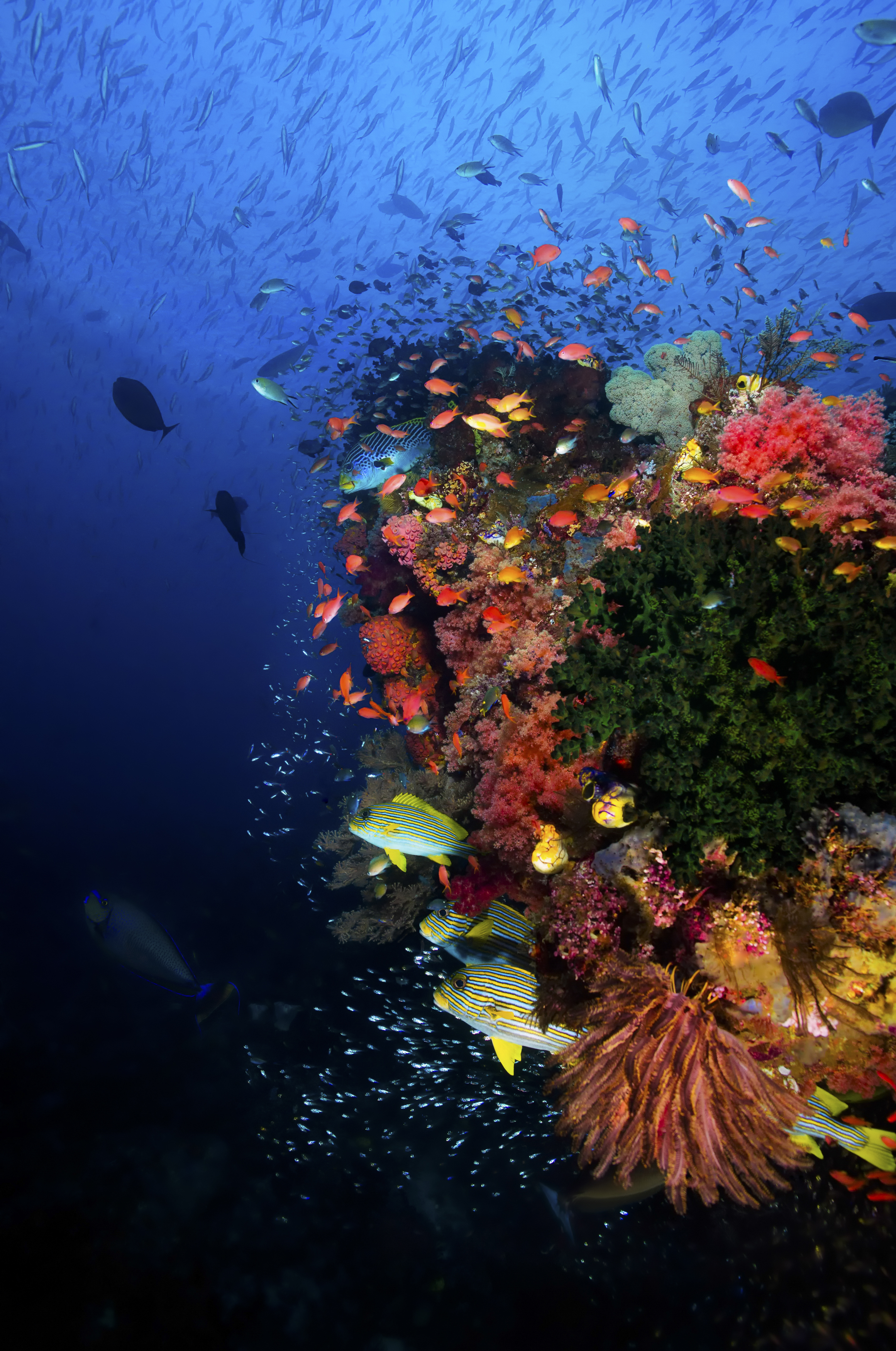Water Quality and Shellfish Food Safety
Cefas provide integrated scientific advice on water quality and shellfish, covering issues related to coastal water pollution impact, food quality and human health aimed at improving public health protection. Working with policy makers and other stakeholders, our advice primarily focusses on the effect of human and animal microbiological pollution on commercially harvested bivalve molluscs (e.g. mussels, oysters, clams). We provide advice to competent authorities on pollution assessment of shellfisheries and implementation of domestic Shellfish Water Protected Areas legislation.
Sanitary surveys are an essential first step towards establishing a microbiological monitoring programme for the classification of bivalve production areas. All new bivalve production areas require a sanitary survey. Cefas carries out sanitary surveys, evaluating the sources and types of microbiological contamination that might affect new and existing bivalve mollusc production areas.
Our activities have helped to ensure that improvement schemes for sewage pipeline discharges are developed and effectively targeted so that pollution in shellfisheries and recreational waters is reduced.
Cefas have extensive experience of organising and delivering training courses in aspects of water quality related to seafood safety and sanitary surveys of bivalve mollusc harvesting areas for partners, policy colleagues and regulators both in the UK and overseas. Work is undertaken in support of Cefas development and operation of shellfish sanitation programmes, International guidance, training and e-learning in food safety and aquaculture science.
Examples of our recent international work includes: developing a recreational water quality monitoring programme as part of our work supporting development of the Environmental Monitoring Information System of Kuwait, workshop participation and survey planning to correlate presence of microplastics with wastewater sources in India, wastewater source tracing and identification of buffer zones in oyster farming areas for risk management in Portugal, and delivery of a roadmap for Improving shellfish food safety capabilities in the United Arab Emirates (UAE).
For more information on how our science can assist you please contact the Centre lead for this area Andrew Younger.

